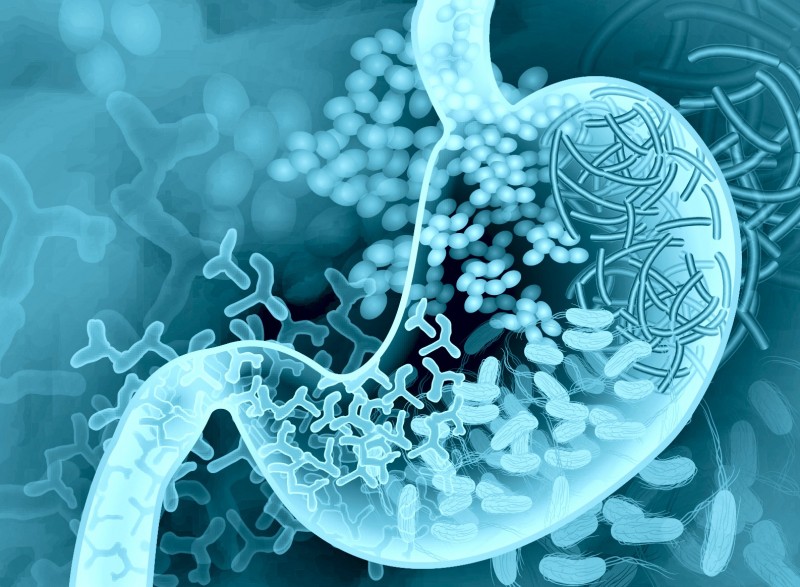
The gut microbiome, a complex community of trillions of microorganisms residing in our digestive tract, has emerged as a significant player in the management and prevention of diabetes. This bustling ecosystem of bacteria, viruses, fungi, and other microbes holds the key to several aspects of our health, including metabolism and immune function. Let's delve into how the gut microbiome influences diabetes and what we can do to harness its potential.
The gut microbiome is a diverse and dynamic community, with each person hosting a unique composition influenced by various factors such as diet, lifestyle, and genetics. These microbes play a crucial role in breaking down complex carbohydrates, producing essential vitamins, and maintaining the health of the intestinal lining.
Research has shown a strong correlation between the gut microbiome and diabetes. The composition and function of the gut microbiome can influence insulin sensitivity, inflammation, and overall metabolic health. Dysbiosis, an imbalance in the gut microbial community, has been associated with insulin resistance and diabetes.
The gut microbiome can modulate insulin sensitivity, a key factor in diabetes. Certain gut bacteria produce metabolites that influence insulin signaling and glucose metabolism. A balanced microbiome can aid in maintaining optimal insulin sensitivity, reducing the risk of diabetes.
The gut-brain axis, the bidirectional communication between the gut and the brain, plays a crucial role in blood sugar control. Gut microbiota can influence this axis, impacting appetite, food preferences, and glucose regulation. A well-balanced gut microbiome can contribute to better blood sugar management.
Dietary choices significantly impact the composition of the gut microbiome. A diet rich in fiber, whole grains, and fermented foods promotes the growth of beneficial bacteria. These bacteria can produce short-chain fatty acids (SCFAs), which have been linked to improved glucose metabolism and reduced risk of diabetes.
Probiotics, live bacteria with potential health benefits, can positively affect the gut microbiome. Studies suggest that certain strains of probiotics may improve insulin sensitivity and glycemic control, making them a potential tool in managing diabetes.
Prebiotics, a type of dietary fiber that nourishes beneficial gut bacteria, can also influence the gut microbiome. By promoting the growth of good bacteria, prebiotics may aid in maintaining healthy blood sugar levels and reducing the risk of diabetes.
The use of antibiotics, while essential for treating bacterial infections, can disrupt the gut microbiome. Prolonged or frequent use of antibiotics may lead to an imbalance in gut bacteria, potentially affecting metabolic health and diabetes risk.
Considering the individual variability in gut microbiomes, personalized approaches to improve gut health are gaining traction. Tailoring dietary recommendations and interventions based on an individual's gut microbial profile may offer more effective strategies for managing and preventing diabetes.
Ongoing research is delving deeper into understanding the intricate relationship between the gut microbiome and diabetes. Further studies will help identify specific microbial signatures and mechanisms, paving the way for targeted interventions to mitigate diabetes risk and manage the condition more effectively.
The gut microbiome is a fascinating and critical player in diabetes management and prevention. By fostering a diverse and balanced gut microbial community through a healthy diet, probiotics, and mindful use of antibiotics, we can potentially reduce the risk of diabetes and improve overall metabolic health.
Kerala HC Calls for Sabarimala Pilgrimage Guidelines Amid Nipah Outbreak Concerns
Nipah virus health crisis in India: no vaccine and up to 75% mortality rate
Shocking Teenager's Health Ordeal: Mild Symptoms Lead to Loss of Hands and Feet